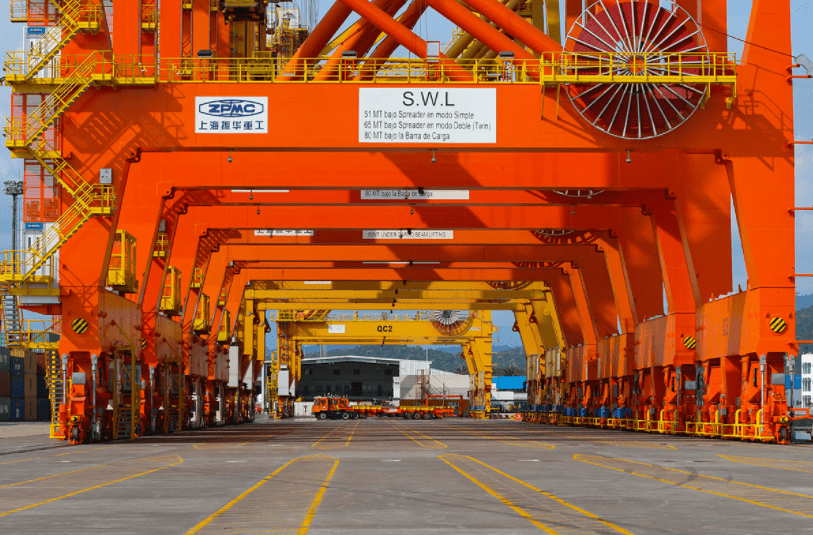Contecon Manzanillo (CMSA), a unit of International Container Terminal Services, Inc. (ICTSI) at the Port of Manzanillo, recently became the first port operator to obtain a carbon neutral certificate in Mexico.
The ISO-14064-3:2019 Carbon Neutrality certification recognizes Contecon Manzanillo’s commitment to global initiatives to combat climate change, promote renewable energy and decarbonize ports and shipping.
According to the company itself, obtaining this pro-environmental badge consolidates Contecon’s leadership as a leading port terminal in favor of Manzanillo, Colima and Mexico.
The carbon neutral certificate highlights the terminal’s efforts to reduce and offset its greenhouse gas (GHG) emissions.
CMSA
Reduction efforts include: measuring emissions, implementing energy and water efficiency initiatives, such as changing conventional lighting fixtures to LEDs, using a catalytic converter to reduce fuel consumption, investing in inverter air conditioners, implementing an operational efficiency program, and carrying out environmental campaigns in which employees (and surrounding communities) participated in activities such as reforestation, recycling, and beach cleanups, among others.
CMSA offset its emissions by investing in a waste-to-energy project.
In 2023, CMSA will sponsor environmental areas that can serve as carbon sinks and allow the terminal to offset the company’s CO2 emissions.
By passing the audit conducted by TÜV RHEINLAND, Contecon Manzanillo demonstrated its ability to adequately reduce its greenhouse gas emissions and move in a timely manner toward an energy transition across Mexican shipping.
In 2021, the company’s direct and indirect CO2 emissions totaled 25,368.67 tons, while total offset emissions amounted to 25,369 tons.
According to the study Shipping Energy Transition: Strategic Opportunities in Mexico by the Global Maritime Forum and University College London, regional and global shipping effectively connects economies through the movement of goods and currently accounts for 80-90% of world trade.
The shipping sector emits between 2 and 3% of global greenhouse gas emissions and contributes around 13% of sulfur and nitrogen oxide emissions to global air pollution.
Hence the urgency and commitment to undertake a transformation of the port industry towards increasingly sustainable practices.
![]()

